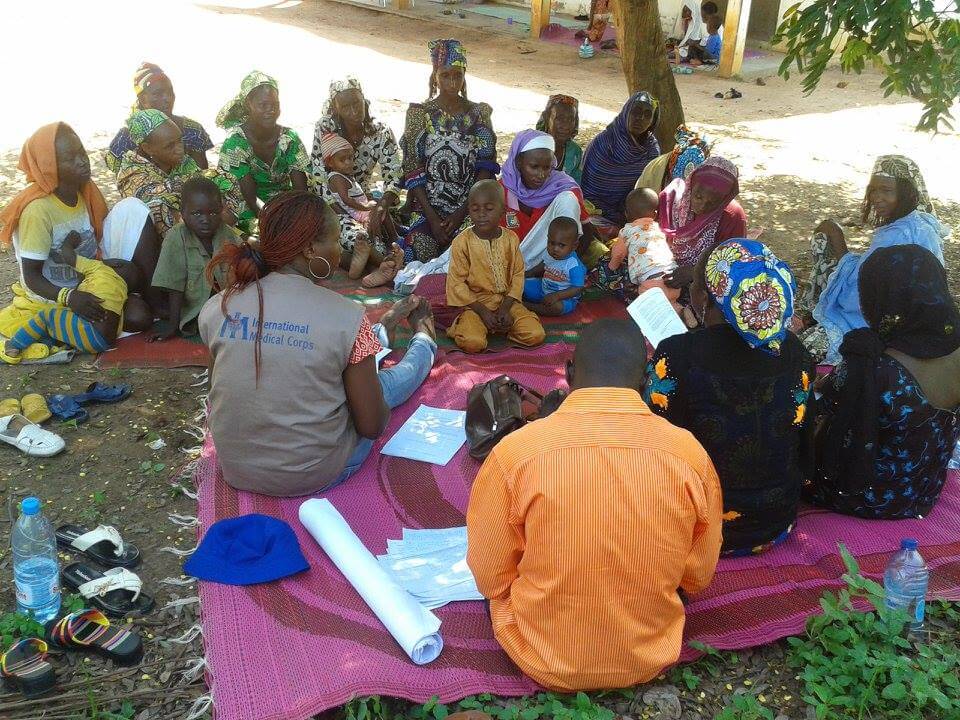A new case study looks at Start Network implementing partners in Cameroon collaborating with targeted populations and how they are moving from a participatory approach to community engagement and ownership.
The Central African Republic (CAR) refugee programme in Cameroon aims to support community resilience and social cohesion amongst conflict-affected populations and host communities in Adamaoua, East and North regions. Start Network implementing agencies are represented by International Medical Corps, Plan and a consortium formed by ACF, CARE, Solidarité Internationale, PU-AMI and Croix- Rouge Française.
Agencies intervene to increase awareness of and access to water, sanitation and hygiene (WASH), primary health services, protection of vulnerable groups and to introduce diversified livelihoods to communities. The planned reach is 179,526 people by March 2016. The programmes is funded by UK Aid.
Start Network implementing agencies have set up participatory mechanisms paving the way for community engagement and ownership.
During a learning workshop involving all Start Network implementing agencies, common opportunities identified included the dynamism within affected communities and the involvement of local authorities to the projects. Community engagement was defined as a key priority for all agencies of the consortium involved in the response.
How have Start Network implementing agencies in Cameroon nurtured community participation and what has been the impact on activity delivery so far?
This case study defines the various impacts of Start Network led participatory strategies on community behaviour and shares limitations observed during programme implementation.
The case study is based on the Start Network CAR refugee learning workshop and interim reports (August-September 2015), preliminary findings of the recent programme-level real- time evaluation (October 2015) and observations from a joint monitoring visit with partners (November 2015).

